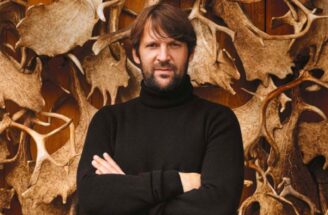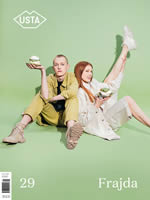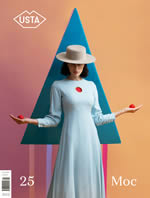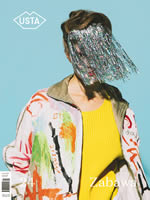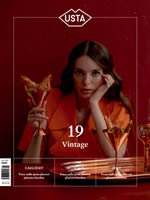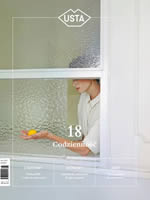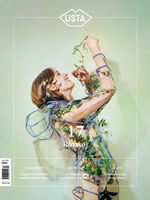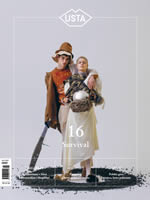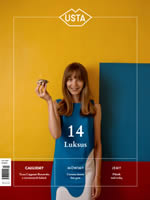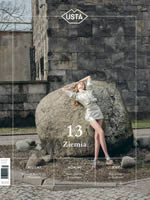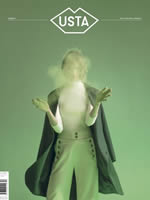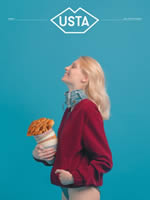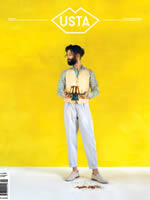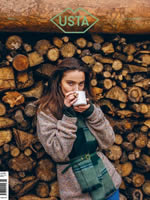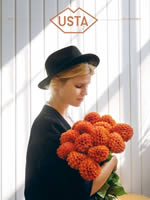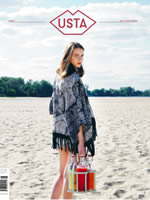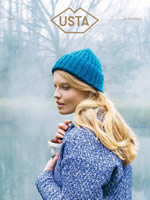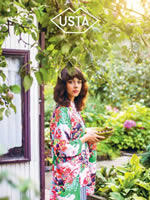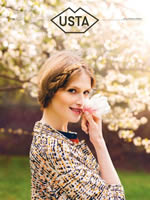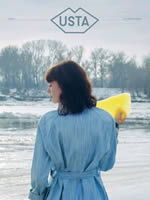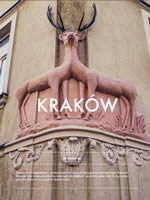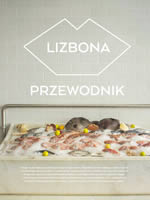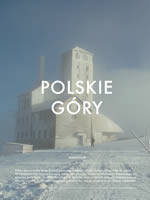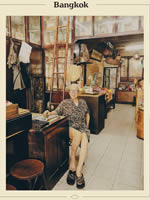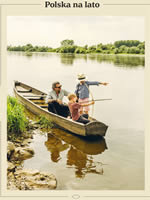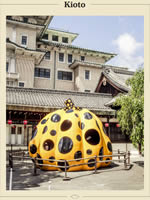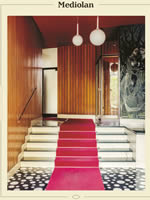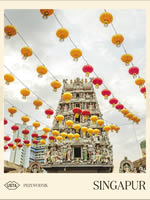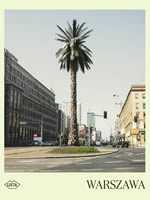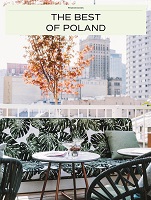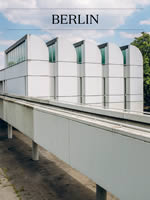As I promised, this column will be devoted to the foraging, i.e. something very well known to me and something that I always enjoy. In Warsaw, where I live, I adore pottering into the search of self-set edible treasures with a queen of urban pottering – Anka Niesterowicz (love regards!). From early spring to the late autumn we forage everything – nettles, delicious wild plums or little cordovans. By the way, I was already taking part in foraging for Noma because at the very beginning of my internship my colleague got ill and I went in his replacement. Thanks to that I experienced pillaging in the close of the summer, and in beginnings of the autumn and – now – in her stormy ending. Perfect!
In NOMA the responsible one for foraging is Michael – a wonderful person with an extensive knowledge and with Copenhagen’s topography and surroundings familiarity. It is not a secret that Rene uses self-set plants in his restaurant and as he repeated many times, foraging is like a treasure hunt. I completely agree with him. Here, one uses mainly the resources of the nearby farm full of vegetables of all kinds and herbs. The farm belongs to a certain Sørena, almost an hour remote from Noma.
Michael gives a ride to the collectors around 9 a.m. and he takes them to an expedition all around Copenhagen. In the summer season foraging is certainly far simpler, now, in order to gather two thousand of flowers of the beach mustard it is necessary to ride a sizeable piece. And, when it’s raining, one won’t collect the ants. Plus, walking through the beach in the rain may certainly give shivers, and as you presume, I’m not here to be sick I don’t want it, because every day here is an adventure and it isn’t worthwhile losing it for lying in bed.
Oh! And so, thanks to these expeditions I discovered the recalled beach mustard, in Poland it is known as rukwiel, scurvy grass, that is – warzucha – a plant used by sailors as a protection against scurvy and a delicious purslane growing right next to the beach. I also realized that a mushroom gathering is our Polish national sport, because here with a huge surprise I popped to very beautiful plots full of cep mushrooms that were intact even by the snails! I already know that next year I will gladly reach for slices of the wild rose. For fruits also, but with a lower enthusiasm, because the one who dealt with them, knows, that picking it is not the most pleasant thing.
text: Maria Przybyszewska, photo: Magazyn USTA
The review sponsor from z Marii Przybyszewska Noma‘s stay is the HERMES, a producent of flavoured waters. www.hermes-amita.com.pl
NOMA: We pillage the surroundings of NOMA


